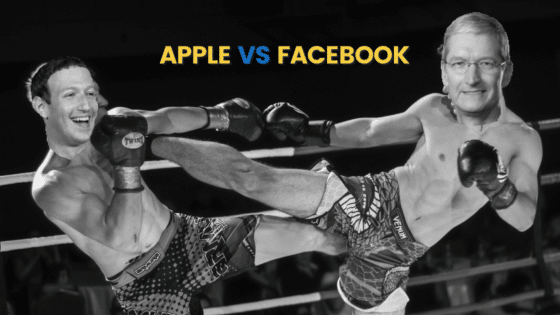The entrepreneurship and marketing advantage is an important issue for several reasons. First, the biggest challenge areas are marketing and finance. Finance problems are connected to raising capital to start a new business, money growth, cash flow management and financial control, where obtaining the initial capital needed to start initial production or distribution seems to be the hardest part.
Marketing challenges often replicate the absence of a marketing plan, wrong determination of market size and wrong sales predictions. Comprehensive marketing is a necessary component for developing a new product/service for the market, as well as successfully selling, cultivating and growing the company.
Second, many entrepreneurs have an inadequate knowledge about marketing and are under the impression that all they need is an innovative product/service and that all customers will buy this product/service. This mistaken belief often causes entrepreneurs to be afraid that someone will steal their idea, just package it and go sell it. Without feedback from the market, entrepreneurs may provide ineffective products and still expect non-realistic sales and business development. To be successful, entrepreneurs need to have information to determine the appropriate market section, price, distribution and message.
Third, some entrepreneurs are really bad marketing managers. Very often, entrepreneurs undervalue the effort and resources needed to accomplish a specific marketing task and misjudge the sales that will come.
Entrepreneurship and marketing have many similarities. First, the consumer is a central point of both ideas, which means that the two should be based on consumer orientation. Second, both entrepreneurship and marketing have a transaction attitude, where the transaction is a dominant factor in conceiving and developing a new business for the entrepreneur and closing the sale for the marketer. Last but not least, both ideas are affected by environmental turbulence; and both are all-inclusive – entrepreneurship in terms of developing an entirely new business and marketing in terms of its models.
One significant question remains: how does entrepreneurial marketing differ from traditional marketing? Traditional marketing has four principles: product, price, place, and promotion. On the other side, entrepreneurial marketing is based more on contacting and reaching out personally for feedback. This way is a bit more proactive. It is based on exploring ways and ideas to connect with customers. Instead of focusing on the selling transaction, it allows you to co-work with your client for the best result possible.
Entrepreneurial marketing is not a marketing method. As a substitute, it is more of a business concept. You’re basically co-producing your product with the customer and co-working for the best outcome. For that reason, customer service is extremely important to maintain the client’s gratification. Entrepreneurial marketing is focusing more on innovation and risk taking.
From my experience as an entrepreneur, I often do not use traditional marketing methods. I am more concerned about current and operational issues and also my approach does not follow textbooks. I like to practice different marketing ideas and strategies and I am flexible in terms of tactics and I always look at how to provide long-term customer value. My approach is not always logical and sequential, but somewhat eccentric and organic, because I live according to my customers’ needs and preferences.
Evan Tzivanakis is a senior executive with significant international experience. He has lived and worked in Greece, Switzerland, Germany, the UK, Cyprus, Singapore, Australia and now Malaysia. A global thought leader, Evan has the ability to understand and connect with people like no other. He opened his first company in the UK, at only 21 years of age and has been immersed in the business world for over 15 years. You may follow him on LinkedIn




















arif
2nd July 2020 at 11:28 am
nicely written